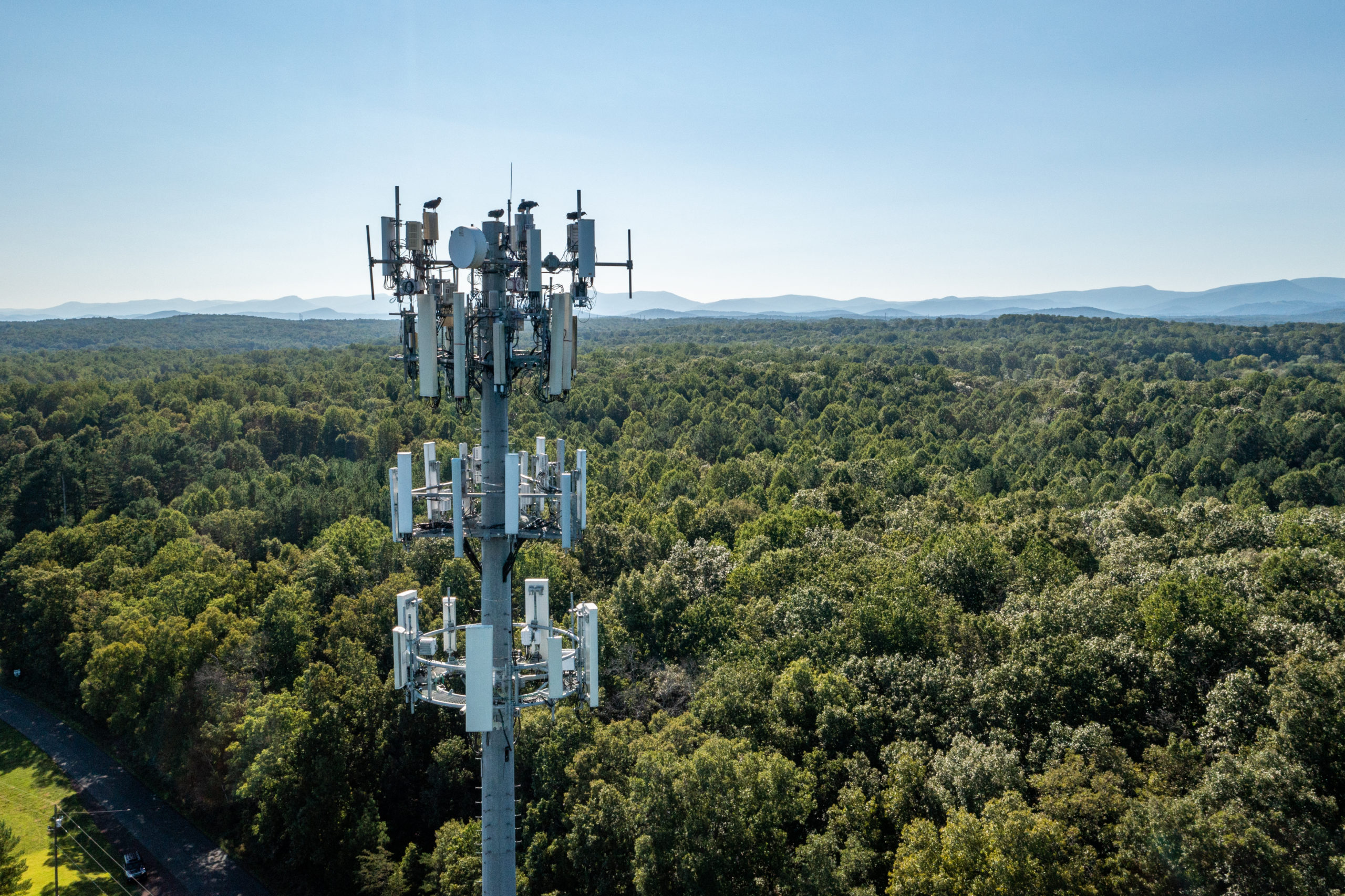
The Richard Allen Delphi murders continue to be a battleground of technical evidence, with yesterday's defense filing (Defense Reply to State's Response to Defense's 4th Motion for Franks Hearing) throwing a curveball into the ongoing fight over the search warrant used on Allen's property, ultimately leading to him becoming Defendant Allen. The back-and-forth really is a Franks showdown.
The latest wrinkle? Cell phone data from one of the victims, Liberty German.
Why the Phone Pings Matter:
- The Prosecution's Story: They believe the girls were dropped off near the trailhead on 13 February, 2017, never left the area, and were murdered soon after being ordered down a hill by their abductor.
- The Defense's Argument: They entered a response to the state's rebuttal of their previous Franks motions. This latest filing centres on phone pings generated between 13-14 February, 2017. The defense claims these pings show activity outside the original area where the bodies were found, contradicting the prosecution's timeline.
The Defense Focuses on the Gap:
The crux of the defense's argument hinges on a gap in the pings after 5:44 pm on 13 February. They suggest phone activity outside the original area occurred sometime between then and 14 February. They reference Sergeant Blocher's interpretation of the pings in their motion, suggesting the phone was likely not in the area or not working at that time. Their implication? That the phone was taken elsewhere, then brought back – a scenario at odds with the prosecution's narrative.
Holes in the State's Counterarguments:
The state argues the defense is misreading the phone data, but their arguments have some weaknesses:
- Silent on the Switch: The state says pings after 5:44 pm represent historical data, but they don't explain why the pings would abruptly switch at that specific time.
- Blocher's Interpretation Sidestepped: The defense cites Sergeant Blocher's analysis, suggesting the phone wasn't in the area. The state doesn't address this directly, leaving the phone's status during the gap unclear.
- Accuracy Questions Linger: While the state acknowledges ping inaccuracy, they don't specify an acceptable level of error in this case. Inconsistent ping accuracy weakens their argument that pings during the gap are unreliable outliers.
- Alternative Explanations Not Addressed: The state argues the pings don't necessarily contradict their timeline because the phone could have been left behind. However, this doesn't eliminate the possibility the phone was moved, especially if pings after the gap show a significant location change.
Data Recovery: The Missing Piece?
The state's response makes no mention of data recovery efforts from Liberty German's phone. This is important because:
- Deleted Data: Recovered data might include messages or location information that could clarify the phone's movements.
- Phone Functionality: Data recovery efforts could also indicate whether the phone was functioning during the gap,potentially impacting the state's argument about the phone being out of range.
The absence of mention in this filing doesn't necessarily mean data recovery efforts haven't happened, but it raises questions the court may consider.
What's Next?
The court will now decide whether the defense's arguments about the phone pings warrant a Franks hearing. If granted, the court would hear evidence from both sides about the ping data and its significance to the case. The outcome of this motion - if heard - could significantly impact what evidence is allowed at trial.
Will it lead to that ever-evasive Franks hearing? I wouldn't hold my breath, but it would be interesting if it does. Perhaps some of the funds raised for defense expert witnesses will go towards cell data experts who might finally be able to put this contentious point to bed.
If Libby's phone was moved away from the bridge area after the girls encountered Bridge Guy, what does it mean? Where did the phone - or the girls - go? Was the phone switched off on the afternoon of 13 February and switched back on in the dawn hours of the next day? If so, why, and by whom?